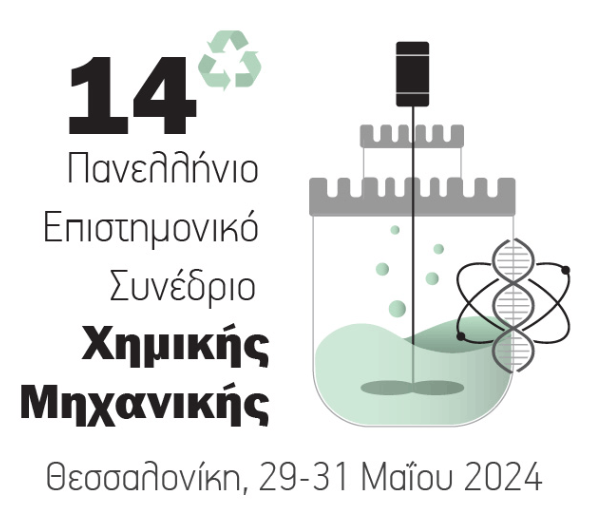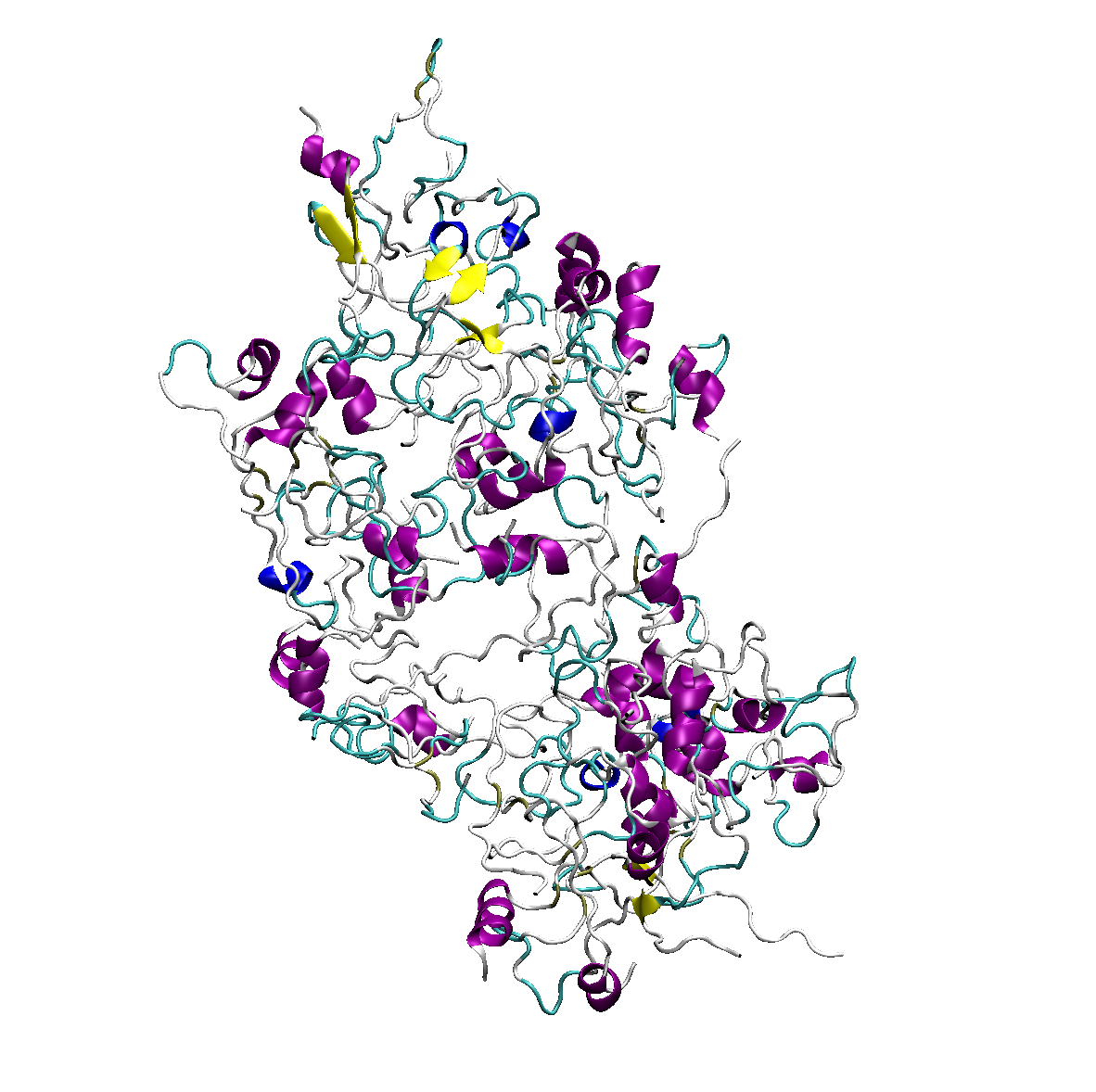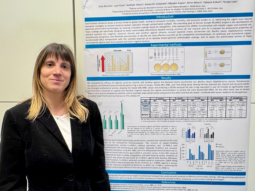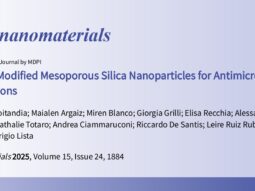
June 4, 2024
RELIANCE oral presentation at the 14th Panhellenic Chemical Engineering Conference in Thessaloniki, Greece
The Panhellenic Chemical Engineering Conference (PESXM) is a reference point for the professional, scientific, and educational community of Greek Chemical Engineers, offering them the opportunity to meet, exchange ideas and results, make new connections, and establish new collaborations.
Taking place from 29 to 31 May, in the sunny city of Thessaloniki, the 2024 edition of PESXM main goals was to to explore, encourage, and promote the cooperation between institutions engaged in primary and applied research, with the goal of creating innovative products and/or processes capable of ensuring the robust operation of the domestic supply chain.
As such, the scope of the 14th PESXM included the following topics: Health and Safety, Quality Assurance, Applied Chemistry, Energy, Circular Economy and Zero Waste, Pharmaceutical Technology, Polymers and Nanocomposites, Physical Chemistry and Thermodynamics, and Transport Phenomena. The PESMX was co-hosted by all Chemical Engineering Departments and Institutes in Greece and Cyprus, including the University of Patras (UPAT).
Recent experimental studies have determined the effectiveness of small keratin-derived antimicrobial peptides (KAMPs) with no ordered structure against both Gram-negative and Gram-positive bacteria. However, little is known about the structural dynamics of KAMPs, and how their aggregation propensity affects their antimicrobial activity. As a first step to their analysis, the team from UPAT has sought to elucidate the structural dynamics of KAMPs in dilute and semi-dilute solutions, in order to lay the groundwork for the study of their mechanism of action. Based on their findings, interaction motifs between residues (e.g. arginine-tyrosine among others) that lead to ordered structures were identified. By properly altering these motifs, one can design de novo AMPs and variants of KAMPs that have an unordered structure.
RELIANCE partners from UPAT did an presentation of their work during the conference, related to the structural dynamics of keratin-derived antimicrobial peptides (KAMPs) in dilute and semi-dilute solutions. In more detail, Panagiotis Panagopoulos Papageorgiou covered their approach on the examination of intra- and inter-peptide amino acid interactions that lead to the formation of ordered – albeit transient – secondary structure elements.

Read the full abstract here.





Views and opinions expressed are however those of the author(s) only and do not necessarily reflect those of the European Union or the European Health and Digital Executive Agency (HADEA). Neither the European Union nor the granting authority can be held responsible for them.
© All Rights Reserved 2025 | Reliance-HE
Designed and Developed by Europroject

